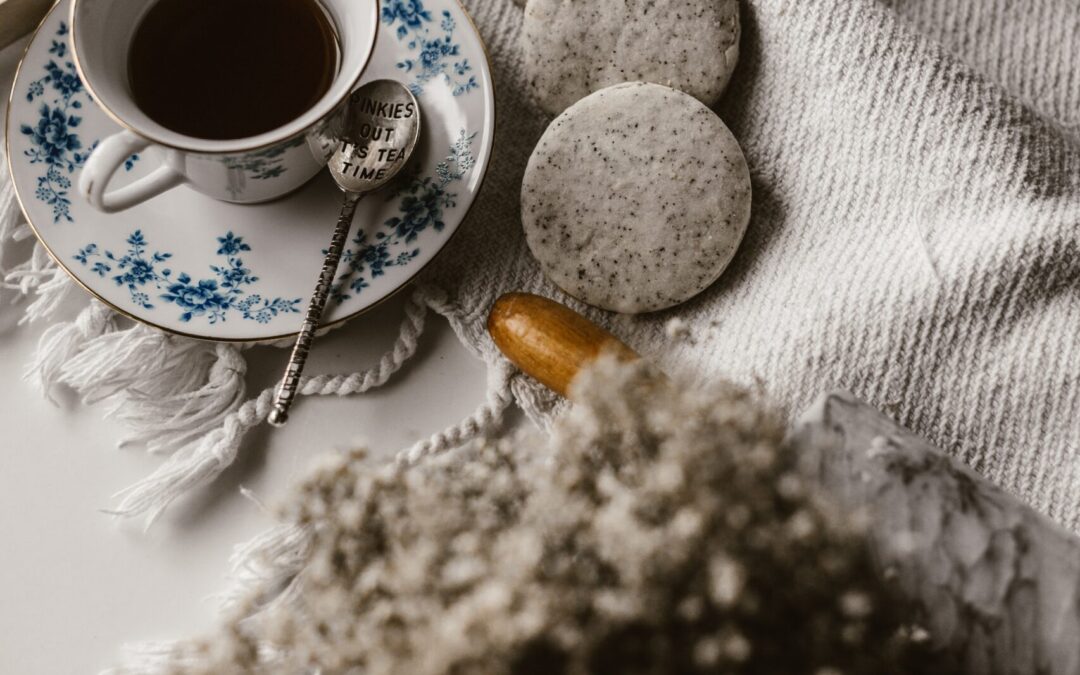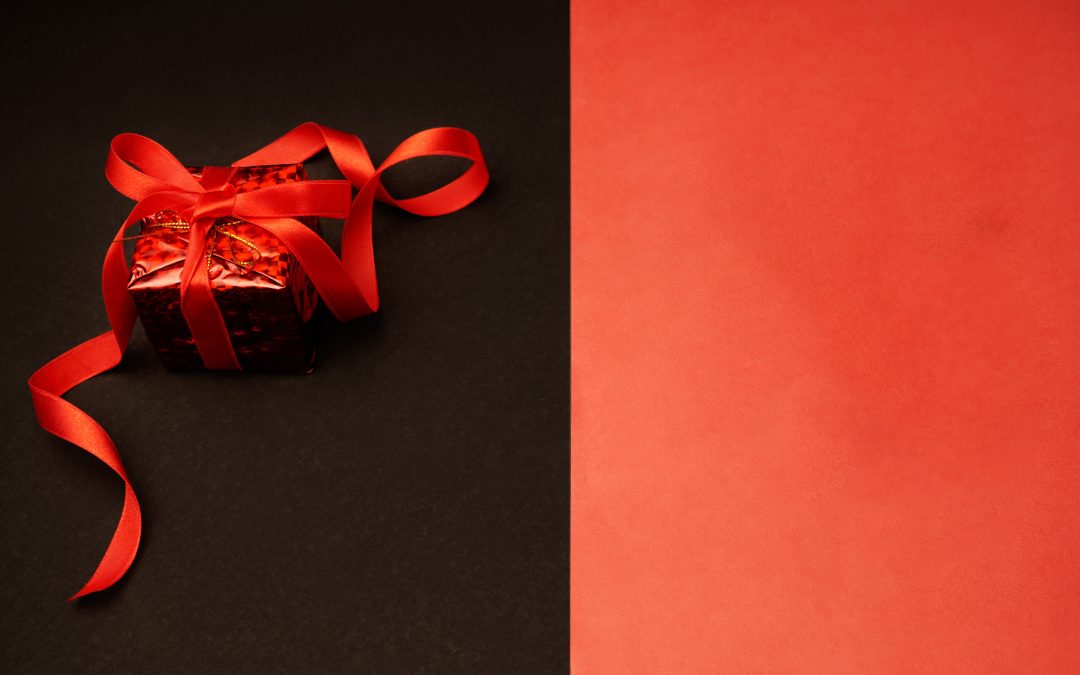
The Fast-Forward
He appeared as she was sinking into despair. He was towering and mystical, shiny even, like a statue and he appeared above her as if from a swirl of smoke.
“I can grant your desire to fast-forward your life,” he said. “I can move time and in a moment you will be where you long to be, just five years from the end, beyond the hustle of the unknown, settled into the routine of old age. Your golden years will linger behind you like cherished pictures from another time. You won’t need to worry anymore. You will have done it all. It will be time to play cards, wake up to sunlight, and look fondly on children.”
“Can you really do that?” she asked, her voice a half-whisper. “I’ll get to keep the memories? I’ll get to think back and know I did well?”
“I can do it in an instant,” he chimed back, and his celestial body glittered. “If that is what you want.”
“I am ready then. Transport me to the future where I can rest. Where the days are calm. Where I can know that I’ll be fed and given shelter, and no one will expect me to show up day after day to earn a living for a life I’ve never wanted.”
“Alright. Close your eyes. Count to three. You will be there.”
She blinked quickly and pushed tears from her cheeks. Then, putting her hands on the table before her, she closed her eyes. “One…two…three…”
The air felt still. It was slightly thicker when she breathed. The top of her hands seemed a little colder, like a cloud had settled over them. She opened her eyes, looked around to see if she would find herself somewhere new.
Indeed, there was a breeze as she saw herself now in a rocking chair, solidly placed on a porch. A garden wrapped around, and tall green branches spanned above. This was somewhere quiet in the country, a rural place unbothered by business or crime or much humanity. It looked serene. Her hands, she noticed, were wrinkled now, fragile skin limply hanging to her fingers, and she was dressed in a simple lavender skirt and top. Cotton, it seemed, with comfortable sandals and her hair draped onto her shoulders.
It was exactly as she hoped: beautiful, quiet, peaceful. She could hear a kettle whistling, so there must be a young person in the house preparing tea or coffee. This person would probably bring it out to her with a kind word, assuring her that it would be a pleasant evening, and tomorrow would be a leisurely day. There was nothing to worry her, no bills to pay, no errands to run, no dreams to chase, goals to accomplish. She’d done it. Though she wondered what it was, in fact, that she would discover she had done in her life, now that it was behind her, all laid out like a quilt. Then the memories lapped into her mind like they were gently crashing ashore.
“Caroline, here is your tea,” said a gentle voice. A woman appeared with a cup. “And here is your magazine, love. I think you’ll enjoy reading this issue. They feature your legacy all the way through. There’s going to be a new literary prize coming, you know, in your name. Here you are.”
“Thank you dear,” Caroline said with a smile, accepting the tea and plate and the slick magazine. She set them each down on the low table at her side.
Caroline sipped the hot tea and flipped the pages. Her name was printed in glossy type, her best-selling titles excerpted like bits of treasure. She was lauded as a voice of her era, a bold and lasting author who carved a new chapter in literary history. Here was an article on how she shaped an emerging genre, something they were calling short-stop. It was a thwarted style of writing that drew in a reader and then suddenly dropped them somewhere unexplained. The narration abruptly ended, stopping short, as it were, leaving the reader to pick up where the story left off.
On another page was a biographical focus on Caroline’s long-followed love affair with the writer Thomas Fellow, a professor at a small New York university that took special interest in paranormal studies. Pictures of the two were collaged across the article and Caroline stared at them with deep interest. She recognized this man and suddenly she could conjure the memories of his touch, how he embraced her, how his chest smelled as she clung to it. This must have been someone she met during the years in between her wish and her arrival within it. She could feel the memories as though she could remember writing the story.
“Would you like anything else, love?” came the voice again and the same young woman appeared with a light smile. “I think I may get dinner started, if you’re settled. We’ll have the cornbread you like tonight, and the casserole.” Caroline just nodded her head and sipped her tea.
How wonderful that everything would be handled now. The scent of cooking would soon slip her direction and then a homemade meal would follow at a table set by someone else. If the phone rang, it would be answered and the message taken by a person who took care of such things. Maybe she would write a letter. Or take a walk. Maybe she would visit a museum with this new, unbusied stretch of time. She would just need to learn who else was still alive and to what degree her body was able to get around.
For now, Caroline opted to put the magazine aside and rest on the porch in her rocker. She was not needed anywhere, so she was not turning away from responsibility. On the contrary, everything that was required of her was finished and, in fact, not only finished, it was now polished and published.
Then, a mist appeared and the figure of the genie became illuminated at her side. He smelled like a mix of where she’d been — a house of wet wood, a dog nearby, a spritz of perspiration — and where she was now: beside a garden, holding tea, rocking in a wicker chair.
“Are you happy you chose to fast-forward? Now that you know your life was a beautiful journey, do you wish you would have lived it?”
Caroline laughed impulsively. “I did,” she said. “I have the proof.” She held up the magazine and pointed with a smile.
“You have the memories but perhaps not the moments in between,” the genie prompted.
She set the magazine down and took a sip of tea. “This general ‘life experience’ has never added up for me. It’s like that boardgame people play. The whole idea is to win, to get to the end. And now I have.”
The genie smirked at her. “Or the whole idea is to play.”
“Perhaps,” said Caroline, leaning back to start the rocker. “Now I have the time to consider everything.”
“Indeed,” he said with a bow. “Time is limited, but it is yours.”
She looked out on the garden calmly, breathing in the fragrances. “It always has been.”






Recent Comments